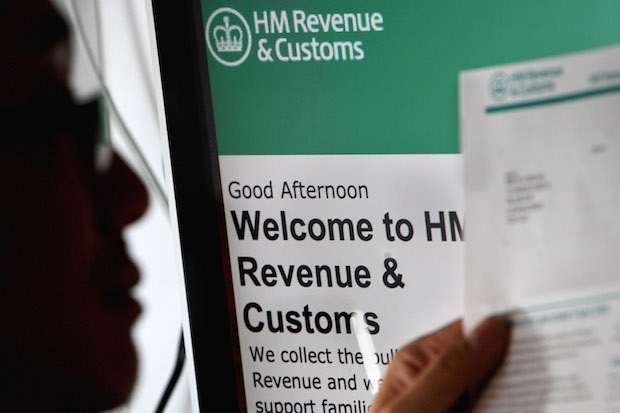The taxman’s failure to properly pursue the UK’s richest people risks undermining confidence in the entire system, according to parliament’s spending watchdog.
The Guardian reports that the Public Accounts Committee has concluded that Britain’s super-rich appear to receive preferential treatment from HM Revenue & Customs.
The MPs’ report, released this morning, scrutinised HMRC’s specialist unit, which collects tax from high net-worth individuals with more than £20 million. It found that ‘the amount of tax paid by this very wealthy group of individuals has actually fallen by £1 billion since the unit was set up’ in 2009 – even as tax receipts rose to £23 billion.
Tesco
Tesco’s decision to buy Booker Group, the UK’s largest food wholesaler, dominates the business news today. The
BBC reports that the £3.7 billion deal will create the ‘UK’s leading food business’.
While the Booker Group name may not be familiar to many people, it is the country’s biggest cash and carry operator, and supplies a wide range of products to 700,000 convenience stores, grocers, pubs and restaurants. Booker also owns the Premier, Budgens and Londis convenience-store brands.
Independent retail analyst Nick Bubb, said: ‘Our instant reaction is that the Competition and Markets Authority will have a field day with this.’
Link ATMs
The debate over free-to-use cash machines continues, with
The Guardian reporting that more than one in seven of them could begin charging or be shut down.
Following a key meeting of the more than 30 members of the Link cash machine network during which they failed to reach an agreement over a new charging system, the ATM Industry Association said 8,000 ATMs were at risk of being removed or starting to charge for withdrawals.
Retirement
ThisisMoney reports that men and women retiring in 2017 expect to receive the highest average annual income in eight years. Their predicted income of £18,100 is almost as high as the 2008 pre-crash peak of £18,700, according to a survey by Prudential.
Motoring
The Times reports that ‘motorists have paid £40 million in “rip-off” credit-card charges when buying road tax in the past five years’.
According to the paper, the Driver Vehicle and Licensing Agency (DVLA) has been accused of failing to pass on the savings from a charges cap after a freedom of information request revealed the scale of the fees. The paper added: ‘The DVLA has levied a flat fee of £2.50 on 17 million motorists who have paid their Vehicle Excise Duty by credit card since 2012. This works out at about 1.5 per cent on the average road tax bill but can account for as much as 25 per cent of the lowest rate bands. Consumer groups say that the price of processing the average credit-card transaction is 0.6 per cent.’
Insolvency
Most popular
Keir Starmer is not waving but drowning at PMQs
Official statistics show that the number of people who became insolvent in England and Wales rose by 13.1 per cent in 2016 versus the previous year, with 90,930 people entering some kind of insolvency process.
Individual Voluntary Arrangements (IVAs) saw the biggest rise, up by 23.2 per cent in 2016 versus the previous year while Debt Relief Orders (DROs) rose 8.4 per cent. However, the number of bankruptcy orders declined, falling by 5.4 per cent compared to 2015.
Mark Sands, personal insolvency partner at RSM, said: ‘In 2015 we saw the lowest levels of personal insolvency in over a decade, but the latest figures for 2016 show that the tide has now turned. Despite record low interest rates and high employment levels during the year, many more people found that they could no longer keep on top of their debts.’






Comments